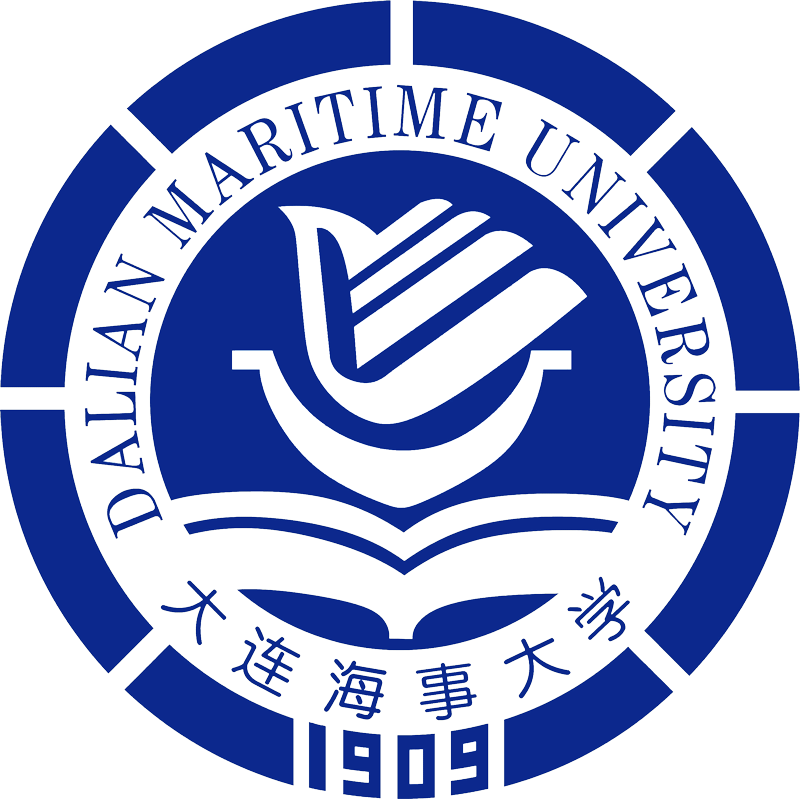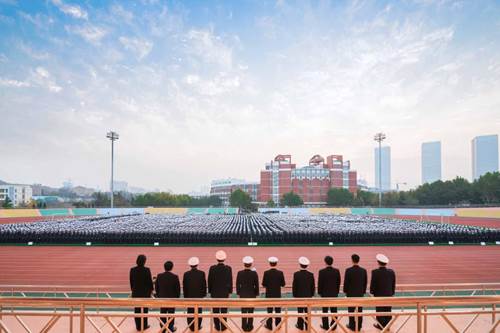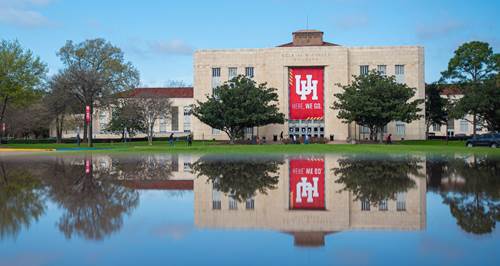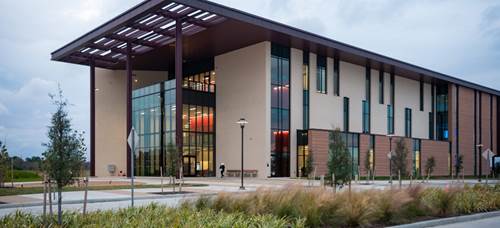Dalian Maritime University







Dalian Maritime University (DMU) is the key maritime institution under the Ministry of Transport, People’s Republic of China. DMU is one of the prominent universities in the national “Project 211” and "Double First-Class" Initiative. The University is regarded as “the Cradle of Navigators” and is a famous higher maritime institution in China. DMU well known internationally as an excellent center of maritime education and training as recognized by the International Maritime Organization (IMO). At present, DMU has 50 undergraduate programs, seven primary doctoral programs, 20 primary graduate programs, and seven post-doctoral centers (R&D based). DMU also confers engineering master’s degrees in 14 fields. DMU also possesses one national talent training model pilot zone, five programs listed in the national outstanding engineering education and training plan, six National Specialties, one program with national engineering education’s certification. Other excellent educational resources include four national education centers for engineering practices, four experimental teaching demonstration centers at national level, four provincial training mode reform pilot programs for engineering undergraduates and one provincial pilot program for internationalizing course systems, etc. For academic fields like Marine Traffic Engineering, Marine information Engineering, Intellectualized Ships, Ship’s Power System and Energy Saving Technology, Engine Repair and Construction, CIS, Marine Environmental Protection and Maritime Legal System, DMU has gathered a group of respected experts and professors with profound theories and exceptional research skills as well as an extensive student population with active and innovative academic thoughts.
University of Houston









The University of Houston is one of the largest university in Texas, and is classified by the Carnegie Foundation as a first-class research university. Located in Houston, which is the fourth largest metro-area in the US, UH has direct access to the city's extensive industrial bases in energy, aeronautics and transportation. The Port of Houston ranks 6th globally in terms of size and scale, and is also the busiest port in the country, with the most international waterborne tonnage passing through it. More than 70 marine research institutions exist in the US, half of which have their headquarters in Houston. Other than New York City, Houston has more Fortune 500 headquarters than any other U.S. city.
More than 9,000 students are enrolled in engineering and technology courses—7,852 undergraduates as well as 2,101 master’s and doctoral students across its 11 departments: biomedical engineering, chemical and biomolecular engineering, civil and environmental engineering, construction management, electrical and computer engineering, engineering technology, human development & consumer sciences, industrial engineering, information science technology, mechanical & engineering and petroleum engineering. The college also offers numerous interdisciplinary graduate programs, including but not limited to aerospace, geosensing systems engineering and sciences, materials, space architecture, and computer and systems engineering.
The mission of the Cullen College of Engineering at the University of Houston is to serve the Greater Houston community, Texas and the nation by educating engineers to assume leadership positions in the identification and solution of the complex technical challenges of society, to advance the state of knowledge through pioneering research and scholarly work, to facilitate the transfer of new technology to Texas and U.S. industries, to play a key role in economic development for the Greater Houston region and the State of Texas, and to benefit the public sector through service to the university, community, industry, government and the engineering profession.

